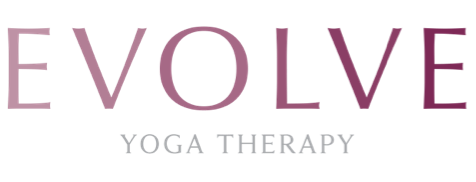The Benefits of Progressive Muscle Relaxation
In our fast-paced world, stress and anxiety are common companions. Finding effective ways to manage these pressures is essential for maintaining our well-being. One such method that has gained recognition for its simplicity and effectiveness is Progressive Muscle Relaxation (PMR). Developed by Dr. Edmund Jacobson in the early 20th century, PMR is a technique that involves systematically tensing and then relaxing different muscle groups in the body. This practice not only promotes physical relaxation but also offers a myriad of mental health benefits.
How PMR Works
The process of PMR is straightforward yet profoundly impactful. It involves tensing a muscle group, holding the tension for a few seconds, and then slowly releasing it. This sequence is usually performed in a quiet and comfortable setting, moving from one end of the body to the other. A typical session lasts between 10 to 20 minutes, making it an easily incorporable routine into daily life.
The Benefits of PMR
Reduces Stress and Anxiety
One of the primary benefits of PMR is its ability to reduce stress and anxiety. By lowering cortisol levels and promoting a state of calm, PMR helps individuals manage their stress more effectively. The deliberate focus on muscle tension and relaxation serves as a powerful distraction from anxious thoughts, fostering a sense of tranquility.
Improves Sleep Quality
Many people struggle with sleep issues, whether it’s difficulty falling asleep or staying asleep. PMR can significantly improve sleep quality by helping individuals relax before bedtime. The technique promotes a deeper, more restful sleep, enabling better overall health and well-being.
Manages Chronic Pain
For those suffering from chronic pain, PMR can be a valuable tool. By easing muscle tension and reducing the perception of pain, this relaxation technique can provide much-needed relief. It offers a non-pharmaceutical approach to pain management, which can be particularly beneficial for those looking to avoid medication.
Enhances Emotional Well-being
PMR is not just about physical relaxation; it also has a profound impact on emotional well-being. Regular practice of PMR can boost mood and reduce symptoms of depression. The sense of control and mindfulness it fosters helps in maintaining a positive outlook on life.
Improves Focus and Concentration
In our distraction-filled lives, maintaining focus and concentration can be challenging. PMR helps clear mental clutter, allowing for better focus and increased mindfulness. This heightened awareness can improve productivity and the ability to stay present in the moment.
Lowers Blood Pressure
Cardiovascular health is another area where PMR shows significant benefits. By promoting relaxation and reducing stress, PMR can help lower blood pressure, thereby reducing the risk of hypertension-related complications. This makes it an excellent practice for those looking to improve their heart health.
Practical Tips for Practicing PMR
To fully reap the benefits of PMR, consistency is key. Regular practice, even for just a few minutes a day, can lead to significant improvements. Beginners might find guided sessions helpful, and combining PMR with deep breathing exercises can enhance its effects. Importantly, PMR is adaptable and can be tailored to suit individual needs and preferences, making it accessible to everyone.
Conclusion
Progressive Muscle Relaxation is a holistic and accessible approach to improving both physical and mental health. Its simplicity and effectiveness make it an excellent addition to anyone’s wellness routine. By incorporating PMR into your daily life, you can enjoy a myriad of benefits, from reduced stress and improved sleep to better emotional well-being and cardiovascular health. Embrace the power of relaxation and discover the transformative benefits of PMR.

